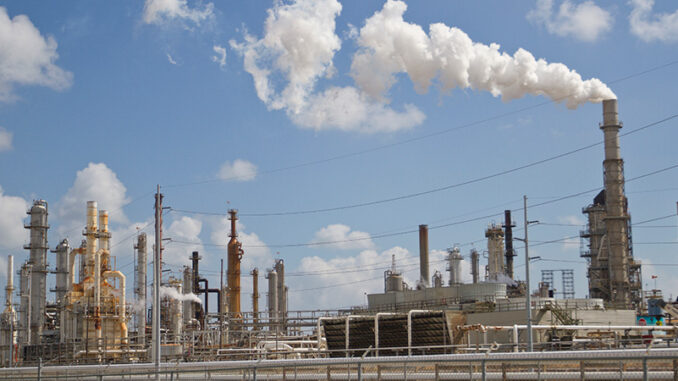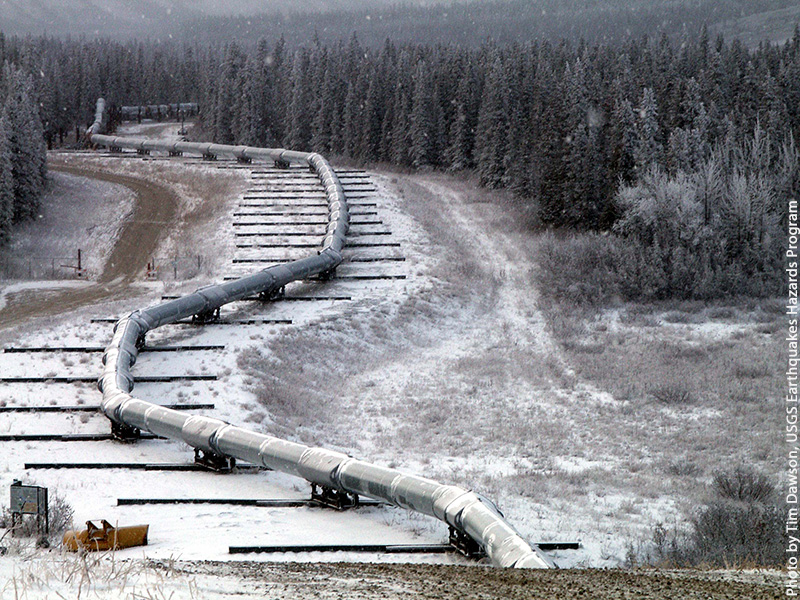
Last year, btw wanted to know your thoughts about the Keystone XL Pipeline. Earlier this month, President Obama formally rejected the permit that would allow its completion. Let’s take a closer look about what has happened and what it means.

Pipeline Timeline
It begins with TransCanada, the company that wants to build a 1,179-mile pipeline that would connect crude oil wells in Alberta, Canada to a Gulf-Coast port in Texas. In order to do this, TransCanada had to obtain a presidential permit. It filed the paperwork with the U.S. State Department in September of 2008.
In August of 2011, the State Department issued the results of an environmental impact study, which concluded that the pipeline would not have significant adverse effects on the environment.
President Obama made his first formal rejection of the permit in January of 2012, admonishing Congress for “forcing his hand” when they attached a provision to a tax bill that required him to make a decision without sufficient time to assess the route.
TransCanada began building the southern-most part of the pipeline (which doesn’t require approval because it is within America’s borders) in early 2012. Around the same time, it reapplied for the permit, restarting the regulatory review process. The application required reviews by eight different departments, including Commerce, Defense, Energy, Homeland Security, Interior, Justice, State and Transportation.
After the 2014 midterm elections, Republicans gained control of Congress and passed a bill in February of 2015 that would approve the construction of the pipeline. President Obama vetoed that bill, stating that there was already a well-established process in place to determine whether infrastructure projects were in the best interest of the country.
On November 6, 2015, President Obama officially rejected TransCanada’s application for a permit to complete the pipeline. He said that after many years of research and extensive public outreach, the proposal ultimately did not serve the national interests of the United States.
Reasons for Rejection
President Obama made a public statement, expressing frustration that the issue has become so politically charged. He said that ultimately, the pipeline would “neither be a silver bullet for the economy nor the express lane to climate disaster.”
The main reasons the State Department made the decision it did are as follows:
- It would not make a meaningful, long-term contribution to our economy.
- The pipeline would not lower gas prices for American consumers. They have already been falling steadily.
- Shipping dirtier, crude oil into our country would not increase America’s energy security. It is more important to reduce a reliance on dirty, fossil fuels from unstable parts of the world.
